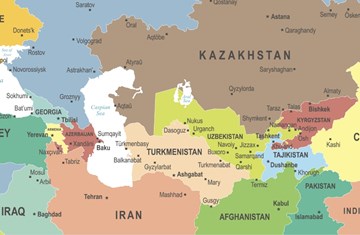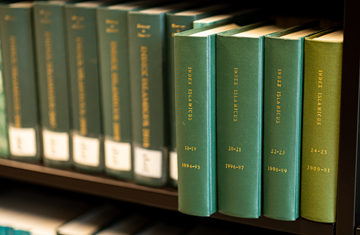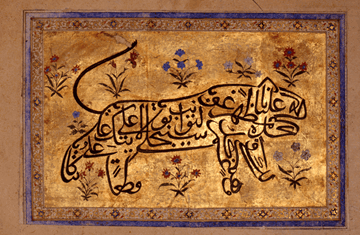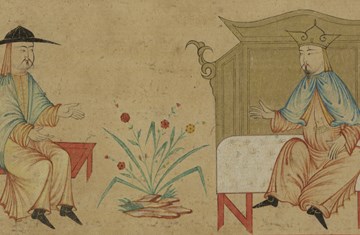IIS Scholar Presents at the Union Européenne des Arabisants et Islamisants
Founded in 1962, the UEAI aims to facilitate meetings and exchange of ideas and information among specialists of the Arab and Islamic world working in European universities. Congresses are held every two years and the proceedings are published.
Dr Alí-de-Unzaga's paper was entitled ‘“It appeared so unto them”: Ta’wil, the Torah and the Gospel in Ismaili Works (with special attention to the Epistles of the Pure Brethren- Rasa’il Ikhwan al-Safa’)’ and was part of a panel on Philosophy and Science. The paper focused on the use and interpretation of citations from the Torah, the Psalms, the Gospels in the Rasa’il Ikhwan al-Safa’. Even though the Ismaili character of the work is disputable, it is clear that the approach to, and use of, biblical material by the Ikhwan al-Safa’ bears close proximity to that of Ismaili authors, including those of Ja‘far b. Mansur al-Yaman, Abu Hatim al-Razi, and Hamid al-Din al-Kirmani. A comparison between the Rasa’il and those authors highlights a number of parallels which were explored in Dr. Ali-de-Unzaga’s paper: they had Biblical texts at their direct disposal; even though they saw the cycles of Judaism and Christianity as superseded by Islam, not only did they permit the study of the previous scriptures but also encouraged it; they saw the issue of the “falsification” of the scriptures mostly on the level of interpretation; they applied the same hermeneutical vision (which we can call ‘ta’wil’ for lack of a better term) to the Qur’an and the previous scriptures; they interpreted the Qur’an as accepting the physical crucifixion of Jesus while maintaining the immortality of the soul; finally, the interpretations were framed in the context of the Ismaili da’wa from the 10th century onwards.
Dr Alí-de-Unzaga's presentation was very well received and raised a number of interesting questions.






